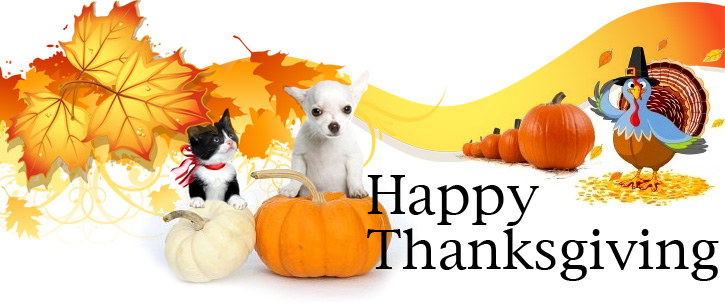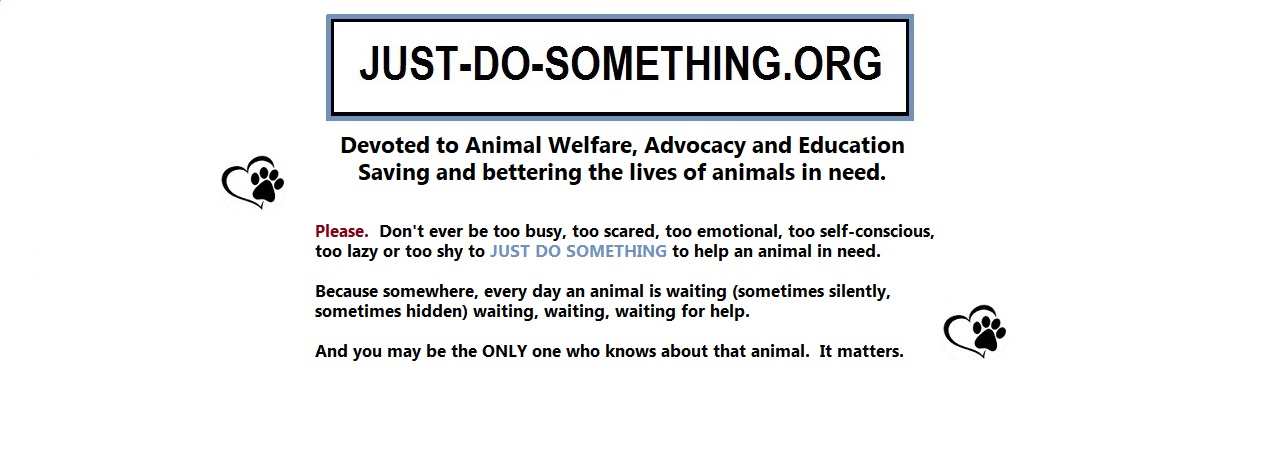November 27, 2014
Guest Blogger, Kelly Connolly (Attorney)
 Tempting Treats and Tummy Troubles
Tempting Treats and Tummy Troubles
Does your kitty get the” Meow-nchies” around the holidays and start eating packing tape? Does your dog howl “Bow-OWWWW” after regurgitating the holiday hambone he gets ahold of? The holiday season offers a rich variety of foods and pretty ornaments that might appeal to your pet’s epicurean senses, but beware-these delights could lead to all sort of animal-health havoc. Read on for a list of seasonal foods and products for your furry friend to avoid-and ones he can savor-so both your and your pets can celebrate the holidays in style:
Cookie Monster
I don’t know about you, but I’m a sucker for a sugarcoated Christmas cookie. Or one of those peanut blossom treats with a chocolate kiss on top after Thanksgiving dinner. But did you know that sweets are not recommended for cats and dogs? Not only do many dessert delicacies contain Xylitol, an artificial sweetener that is especially toxic to dogs, but cats are at also at risk because of theobromine, a chemical compound commonly found in many types of chocolate. Plus, a diet rich in sugar (which is even found in certain pet treats and dry food) can lead to all sorts of problems for your pets, including obesity and diabetes. Diabetes occurs when the pancreas can’t regulate the proper amount of insulin needed to break down sugars in the blood stream. Diabetes Mellitus, also known as sugar diabetes, is particularly common in overweight pets, and is a chronic and debilitating disease that could cause lethargy, dehydration, coma, and even death. So even though you may want to shower your pets with love by spoiling them with rich foods this season, it will mean much more to them if you feed them wholesome treats instead. Try leafy, green veggies for your cat, and almonds or cashews for your pup (but skip the macadamia nuts, which are poisonous to dogs!). You can even dole out small amounts of cheese as tokens of your affection. Believe me, your furry pals will thank you in the long run!
Tantalizing Tinsel
We all love the sight of sparkly tinsel or strings of lights during the holidays. Tinsel, ornament hooks, dangly decorations, and strands of holiday lights are utterly irresistible to curious pets, especially those with hearty appetites! But these types of adornments can pose potential choking hazards to your pets, and if ingested, can lead to emergency intestinal problems. Metal ornament hooks or glass decorations can also break into sharp pieces that could seriously cut your pets’ paws or mouths. All these types of garnishments should be placed well out of reach of pets, especially those who are prone to jumping onto tables or mantels in search of holiday trimmings. You should also use caution when hanging strings of lights, lest Fido or Fluffy decide to munch an electrical cord and receive the shock of his life.
Turkey Terror
Who doesn’t love a holiday dinner of turkey, chicken, or ham with all the trimmings? If you have a dog like I do, he would gobble down an entire roast in a minute flat! But animals fed rich holiday food can suffer an array of ailments. Veterinary annuls are full of stories of pets choking on animal bones, often leading to death or serious injury. Bones may also splinter as a pet chews them, leading to mouth, throat, or stomach injuries. Many human holiday foods are prepared with heavy sauces loaded with calories, or covered in rich sauces that could cause intestinal upset, including pancreatitis. Furthermore, avoid giving fat to your pet, because eating too much fat could lead to stomach upset, vomiting, or diarrhea.
Flower Power
Food and decorations aren’t the only potential problems your pets could run into this holiday season. Many seasonal plants and flowers are also toxic or poisonous to your pet. Poinsettias, mistletoe, and holly may spread holiday cheer to people around the world, but if ingested by your pets, these plants could lead to severe gastrointestinal upset, coma, or even death. Lilies, daffodils, and even Christmas tree needles also fall into the “Do Not Ingest” category. To be absolutely safe, refrain from bringing any plant whose toxicity level is unknown into your house, and remind potential houseguests to do the same. However, if you do have pets that absolutely insist on munching anything green, try some organically grown cat grass for your kitty, or plant some rosemary or peppermint herbs for your dog.
If you suspect your pet has ingested something potentially toxic, call your veterinarian right away, or The Pet Poison Helpline at 1-855-764-7661-even on a holiday. But just like with any seasonal indulgence, caution and moderation are the keys to a safe and healthy holiday-both for you and your four-legged friend.
For a list of toxic foods and substances, please visit Petpoisonhelpline.com. For more information on non-toxic and toxic plants, please visit ASPCA.org.
 Kelly E. Connolly is an Eastern Attorney who writes on the side. Her expertise in animal issues has led to interviews on television and the radio, and with The New York Times, USA Today, and CNN.com. She shares her home with two mischievous, elderly cats and one goofy, misbehaved dog. She can be reached at polkadottedpoppy@outlook.com.
Kelly E. Connolly is an Eastern Attorney who writes on the side. Her expertise in animal issues has led to interviews on television and the radio, and with The New York Times, USA Today, and CNN.com. She shares her home with two mischievous, elderly cats and one goofy, misbehaved dog. She can be reached at polkadottedpoppy@outlook.com.








